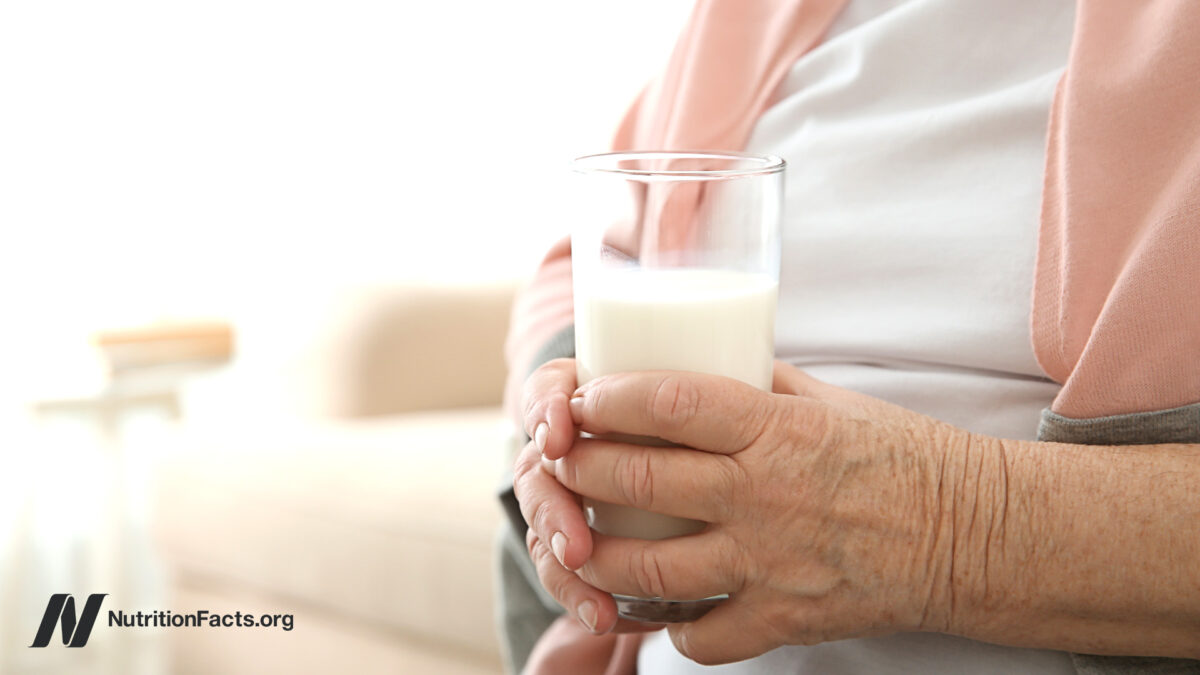Energy drinks are a go-to for many of us, with over 30% of adults consuming them regularly for a quick energy boost. But not all energy drinks are created equal—some offer beneficial ingredients, while other less healthy options come loaded with excessive sugar, questionable additives, or stimulants that may cause unwanted side effects. With so many options available, it can be difficult to decipher which energy drink is healthiest.
Consider this your go-to guide for dietitian-approved healthy energy drinks.

What makes an energy drink healthy?
Whether it’s to power a morning run, stay focused at work, or to push through a long day, energy drinks promise increased alertness and stamina.
The best energy drinks, however, provide more than just caffeine – they may include electrolytes for hydration, B vitamins for metabolism, or adaptogens to support stress and focus. Unfortunately, some rely on high doses of caffeine and sugar, leading to energy crashes and potential health concerns. That’s why it’s important to consider caffeine content, added sugars, ingredient quality, and overall nutrition when choosing a healthier option.
Opting for an energy drink with moderate caffeine (up to 200 mg per serving), little to no added sugar, and clean ingredients can help you stay energized without the crash. Below, we’ll break down some of the healthiest options available and what makes them stand out.
3 Healthiest Energy Drinks
- Guayakí Yerba Mate
If you’re looking for a plant-based, antioxidant-rich alternative to conventional energy drinks, Guayakí Yerba Mate’s low sugar cans are a top contender. They provide a natural caffeine boost that enhances alertness and energy. At 80 mg of caffeine per can, this is an ideal beverage for those who want an energy boost without the jitters associated with drinking higher amounts of caffeine.
Unlike other energy drinks, Guayakí’s caffeine is naturally derived from yerba mate tea leaves that are carefully treated through a smoke-free, air-drying process to preserve the purity and rich flavor of their tea leaves, ensuring a clean and high-quality brew.
Moreover, Guayakí yerba mate tea leaves naturally contain polyphenols that are high in antioxidants and theobromine, an alkaloid found in dark chocolate that promotes mood and cognitive health.
Key highlights:
- 80 mg caffeine
- 1g total sugars
- 15 calories
- USDA Organic
- Wide range of flavors
- Celsius
Celsius is a popular energy drink known for its metabolism-boosting ingredients. It’s a great option for those looking for pre-workout fuel as each can delivers a moderate 200 mg of caffeine sourced from natural ingredients like green tea and guarana.
The best part? Celsius has 6 published clinical studies to support their metabolism benefits. In fact, studies show that the MetaBlendⓇ in Celsius can increase thermogenesis (i.e. your metabolism), to help you burn more calories and body fat.
Additionally, Celsius contains zero sugar, no artificial preservatives, and is packed with essential vitamins like B12 and biotin to support energy production. Impressively, it’s formulated without aspartame and high-fructose corn syrup, making it a cleaner choice compared to many sugar-free energy drinks.
Key highlights:
- 200 mg caffeine
- Zero sugar
- 10 calories
- Clinically shown to boost metabolism
- Wide range of flavors
- Zoa
Zoa is an energy drink that blends natural caffeine, electrolytes, and immunity-boosting nutrients for a well-rounded energy boost. Popularized by its creator Dwayne “The Rock” Johnson, it packs a moderate 160 mg of caffeine from green tea and unroasted coffee beans, delivering steady energy. Plus, it’s packed with vitamin C from camu camu and acerola cherry, along with B vitamins to support metabolism and overall wellness.
Unlike many energy drinks loaded with artificial ingredients, Zoa boasts a label that is free from preservatives, as well as artificial flavors. Zoa is also zero sugar and includes electrolytes like potassium and magnesium, for added hydration benefits.
Key Highlights
- 160 mg caffeine
- Zero sugar
- 10 calories
- Contains antioxidants, electrolytes, B vitamins, and amino acids
Final Takeaways
As you can see, not all energy drinks are created equal. With that said, choosing the right one comes down to caffeine source and amount, sugar content, and ingredient quality. When shopping for an energy drink, consider your caffeine tolerance, flavor preferences, and sugar intake. Finally, while energy drinks can provide a quick pick-me-up, nothing beats a balanced diet, hydration, and regular movement for sustained energy in the long run.
For well-rounded energy support, consider a daily supplement such as HUM’s Uber Energy which combines B vitamins with adaptogens that address both mental and physical fatigue.







